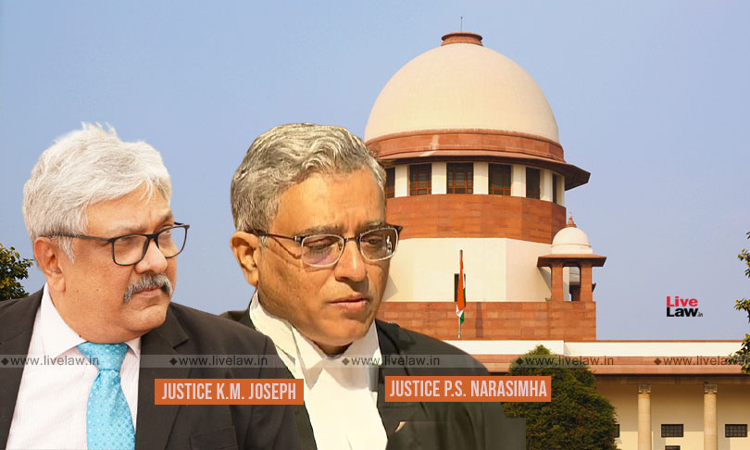Supreme Court Upholds Rule Requiring Builders To Reserve Open Spaces In Developed Plots
LIVELAW NEWS NETWORK
14 Feb 2023 4:11 PM IST

Next Story
14 Feb 2023 4:11 PM IST
The Supreme Court has upheld a rule which mandated that builders should reserve open spaces in the plots developed by them. The rule in question was Rule 19 of the Development Control Rules for the Chennai Metropolitan Area. The Rule mandated that 10% of the area of any developmental plan having area 10,000 sq. meter or more should be reserved as open space for communal and recreational use...
